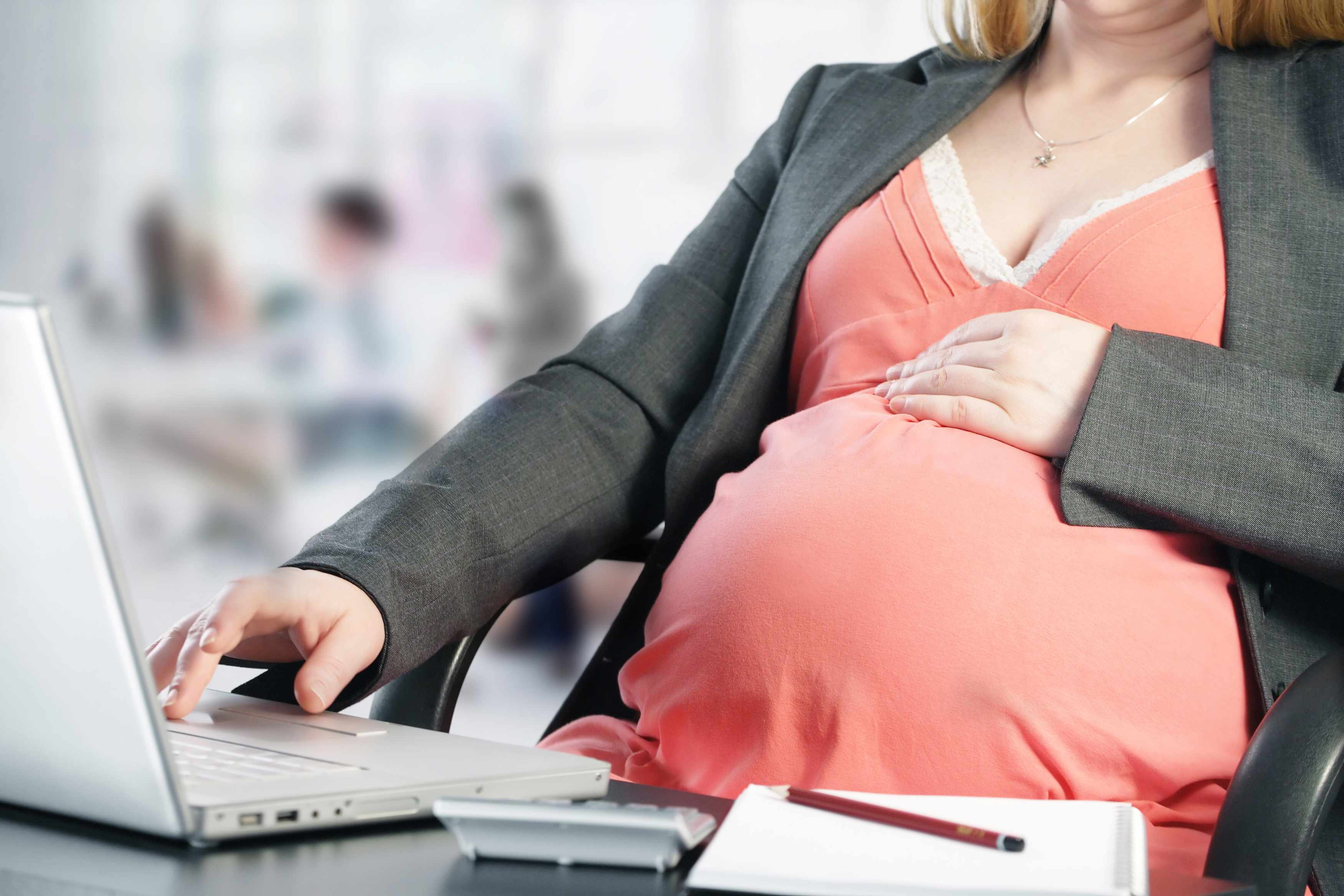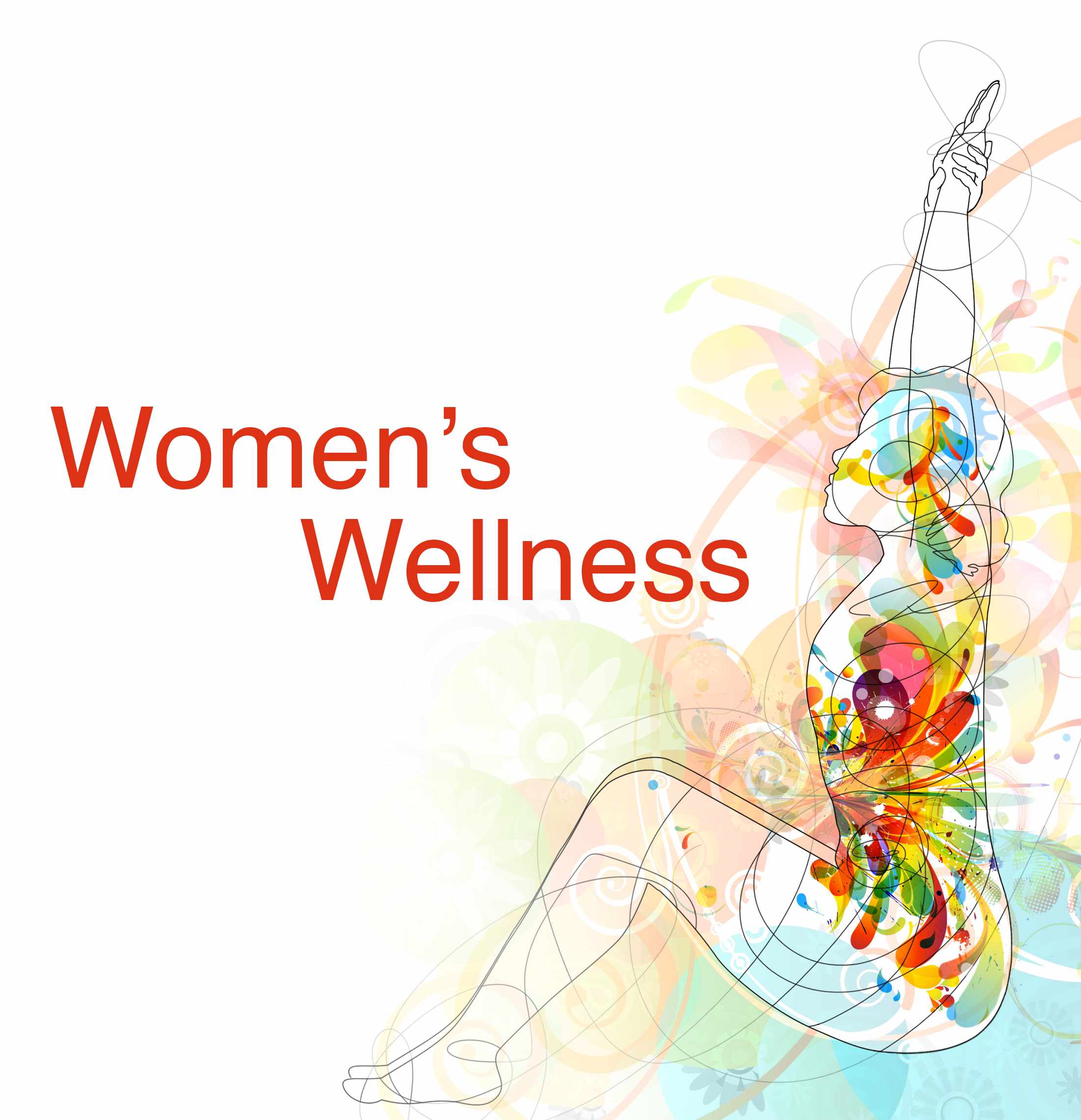-
Featured News
Women’s Wellness: Pregnant later in life

Pregnancy after 35: Healthy moms, healthy babies
Are you considering pregnancy after 35? Understand the issues for older mothers — and know what it takes to have a healthy pregnancy.
[This information is written by Mayo Clinic Staff and can be found on mayoclinic.org.]
If you're older than 35 and hoping to get pregnant, you're in good company. Many women are delaying pregnancy well into their 30s and beyond — and delivering healthy babies. Taking special care can help give your baby the best start.
Understand the risks
The biological clock is a fact of life, but there's nothing magical about age 35. It's simply an age at which various risks become more discussion worthy. For example:
- It might take longer to get pregnant. You're born with a limited number of eggs. As you reach your mid- to late 30s, your eggs decrease in quantity and quality. An older woman's eggs also aren't fertilized as easily as a younger woman's eggs. If you're older than 35 and haven't been able to conceive for six months, consider asking your health care provider for advice.
- You're more likely to have a multiple pregnancy. The chance of having twins increases with age. The use of assisted reproductive technologies — such as in vitro fertilization — also can play a role.
- You're more likely to develop gestational diabetes. This type of diabetes, which occurs only during pregnancy, is more common as women get older. Tight control of blood sugar through diet and physical activity is essential. Sometimes medication is needed, too. Left untreated, gestational diabetes can cause a baby to grow significantly larger than average — which increases the risk of injuries during delivery.
- You're more likely to develop high blood pressure during pregnancy. Research suggests that high blood pressure that develops during pregnancy is more common in older women. Your health care provider will carefully monitor your blood pressure and your baby's growth and development. You might need to take medication or deliver your baby before your due date to avoid complications.
- You're more likely to have a low birth weight baby and a premature birth. Premature babies, especially those born earliest, often have complicated medical problems.
- You might need a C-section. Older mothers have a higher risk of pregnancy-related complications that might lead to a C-section delivery, such as placenta previa — a condition in which the placenta blocks the cervix.
- The risk of chromosome abnormalities is higher. Babies born to older mothers have a higher risk of certain chromosome problems, such as Down syndrome.
- The risk of pregnancy loss is higher. The risk of pregnancy loss — by miscarriage and stillbirth — increases as you get older, perhaps due to pre-existing medical conditions or fetal chromosomal abnormalities. Ask your health care provider about monitoring your baby's well-being during the last weeks of pregnancy.
While further research is needed, studies suggest that a man's age at the time of conception —his paternal age — also might pose health risks for his children.









